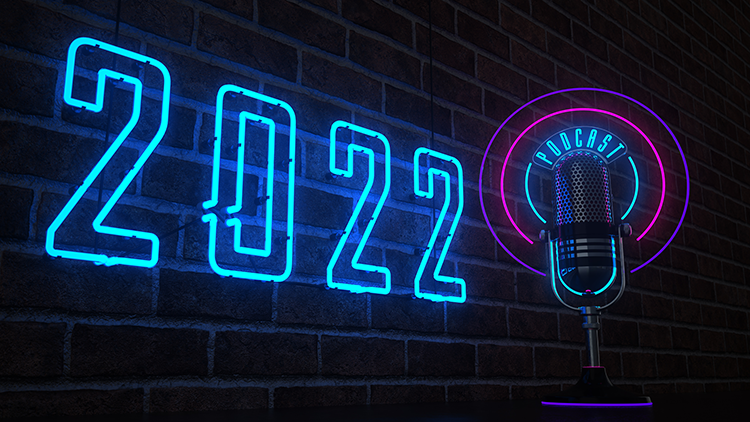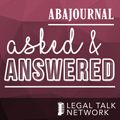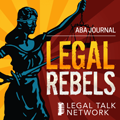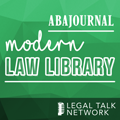Listen to our 10 favorite podcast episodes of 2022

Image from Shutterstock.
Looking for a new listen? We've picked our favorite 2022 episodes from each of the ABA Journal's three podcasts. And if this whets your appetite, find more than 10 years of past episodes on our podcast page. You can also check out more legal podcasts from our partners at Legal Talk Network.
Asked and Answered

Apple | Spotify | Google Play
“Worried about the 2023 lawyer jobs market? This legal search consultant has some tips”: While 2022 was a phenomenal year for attorneys and “anyone with a pulse” and a law license could find work, 2023 might “go back to normal,” says Valerie A. Fontaine, a founding director of the legal search company SeltzerFontaine.
“Want to be a successful litigator? Come to the office, say 2 BigLaw trial lawyers”: For young litigators who want to be considered “a lawyer’s lawyer,” careers spent mostly working from home may not get you to where you want to be, according to two BigLaw partners who have been trying cases for more than 30 years.
“The country has a long way to go with ADA compliance, say 2 civil rights lawyers”: Although the Americans with Disabilities Act is decades old, many businesses, including law firms, continue to treat it as a suggestion, rather than federal law, according to Eve Hill and Jason Turkish, two lawyers who represent plaintiffs in disability cases.
Legal Rebels Podcast

Apple | Spotify | Google Play
“How this contracts platform uses AI to help users manage and analyze key documents”: Evisort co-founder Jake Sussman says when the company began developing its contract management and analysis platform, its goal was to use artificial intelligence as a last resort. But Sussman, who is the chief operating officer of the company that was founded in 2016, says it soon became clear that AI was the only way to solve the contract challenges that Evisort wanted to help users tackle.
“How a social justice innovation lab is developing new types of legal services”: The Innovation for Justice lab launched at the University of Arizona’s James E. Rogers College of Law in 2018 with the goal of designing, building and testing new solutions to addressing the justice gap impacting millions of Americans.
“With alternative dispute rising in popularity, this platform aims to help mediators and arbitrators”: As a young personal injury litigator in Georgia, Gino Brogdon Jr. says he was accustomed to using different technology tools to manage his practice. But when Brogdon began working as a mediator, he realized that there were limited tech options to assist him in the alternative dispute resolution realm.
The Modern Law Library

Apple | Spotify | Google Play
“Regulate cryptocurrencies and fintech products before it’s too late, urges author”: Hilary J. Allen isn’t sorry if you find her new book scary. In fact, she’s hoping that Driverless Finance: Fintech’s Impact on Financial Stability can spook enough people to create momentum for change.
“Need to sharpen your legal writing? 10th Circuit Court judge shares his tips”: There’s plenty of conventional wisdom about what makes a good legal brief or court opinion. Judge Robert E. Bacharach of the Denver-based 10th U.S. Circuit Court of Appeals says when judges socialize, their conversations often devolve into discussions about language and pieces of writing that they enjoy or revile.
“Author and lawyer Scott Turow made generational leap for new legal thriller”: Author and lawyer Scott Turow’s latest legal thriller Suspect reintroduces readers to Clarice “Pinky” Granum, the granddaughter of attorney Sandy Stern—a character from the author’s novels The Last Trial and his blockbuster debut Presumed Innocent.
“How and why Kazakhstan gave up its Soviet-era nuclear weapons”: During its time as a Soviet republic within the USSR, Kazakhstan was the site of massive nuclear tests, both above and below ground. The cost to the environment and health of the Kazakh people and livestock was likewise massive, though the full scale of the effects was understudied and suppressed for decades. Through massive public protests in the 1980s, nuclear-weapons testing in the Semipalatinsk region of Kazakhstan was brought to a halt.
Write a letter to the editor, share a story tip or update, or report an error.



